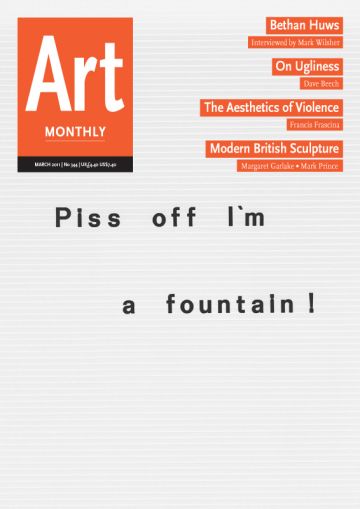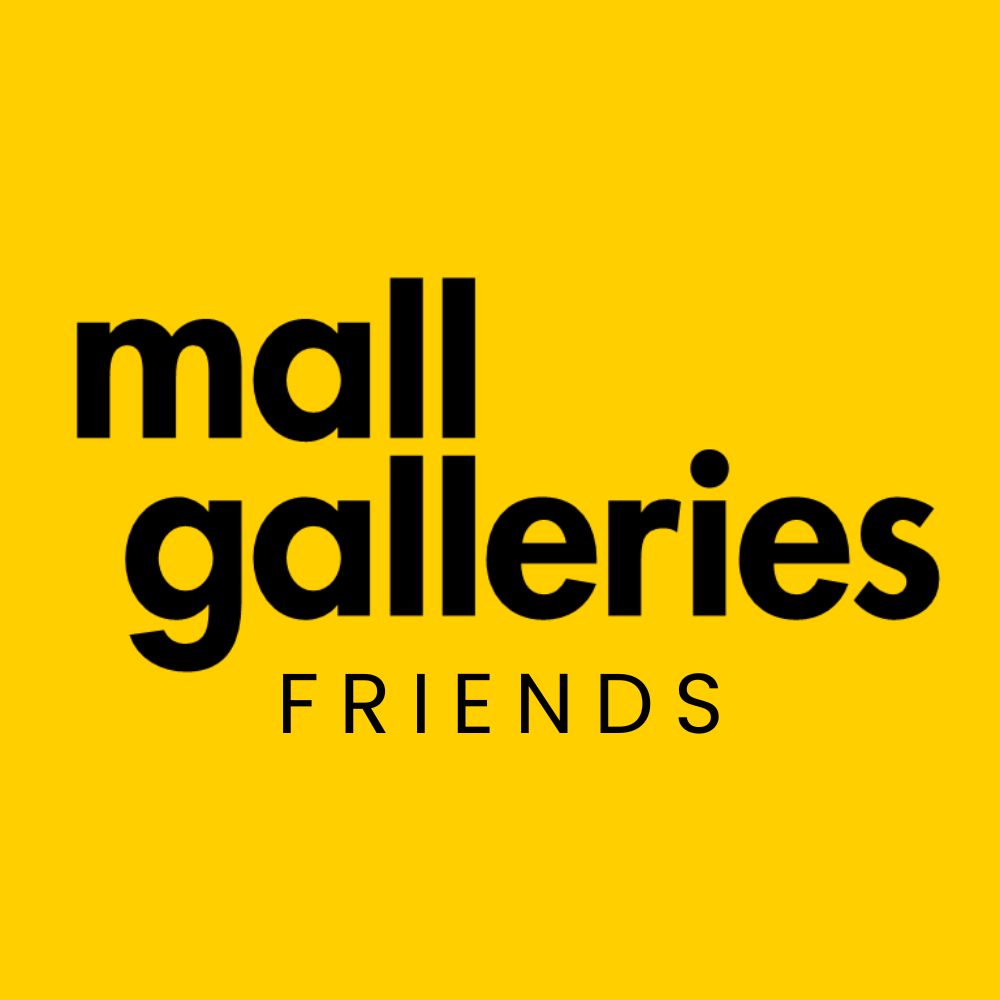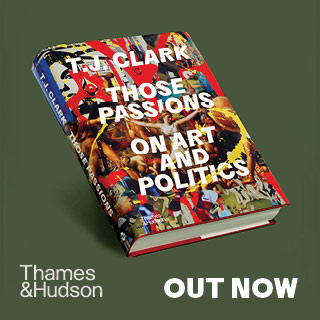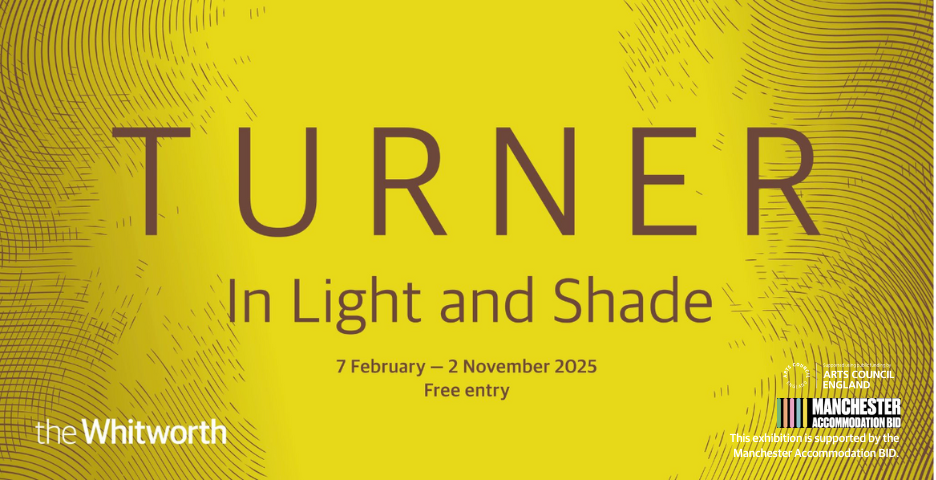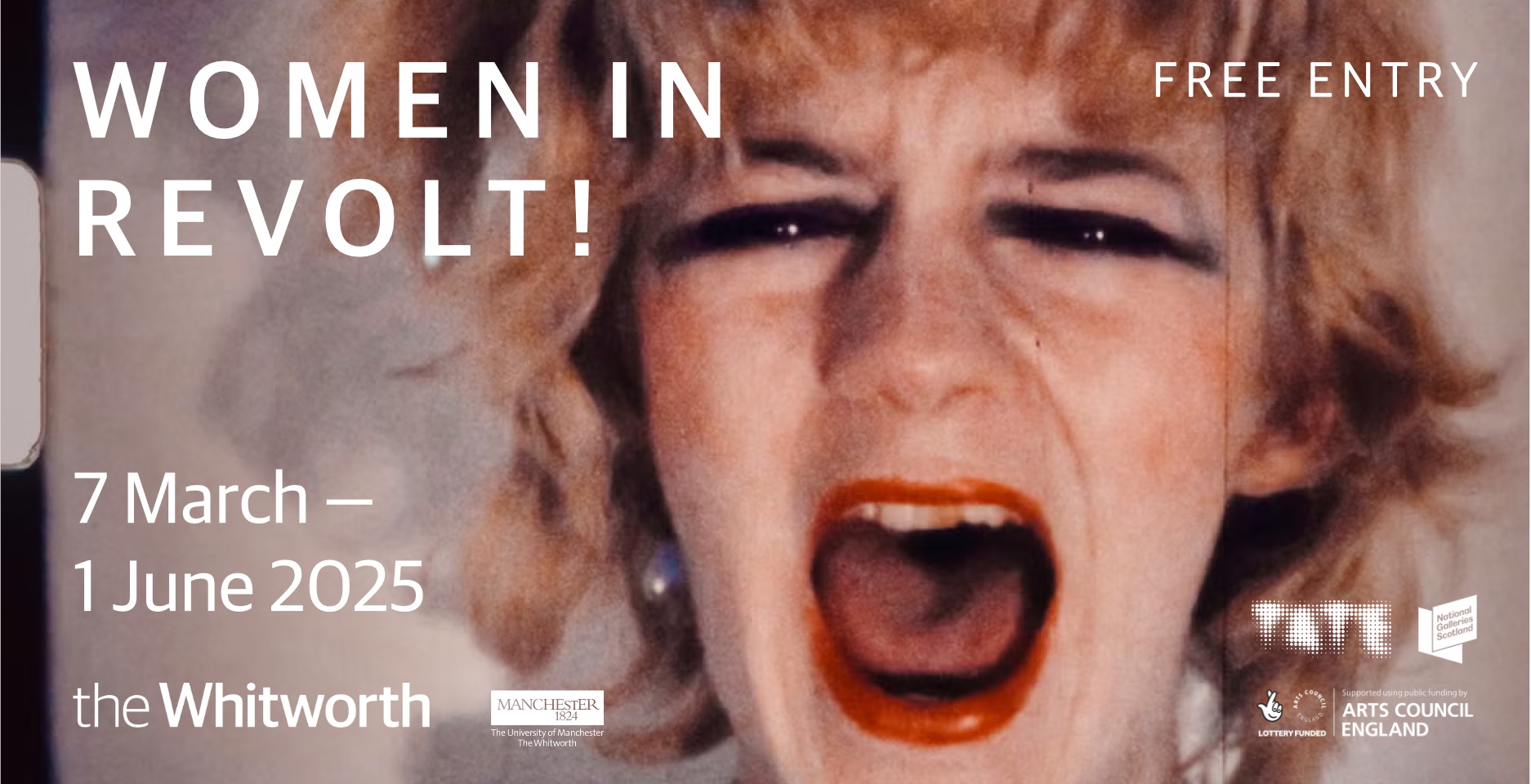Art Monthly 344
March 2011
Bethan Huws
Interviewed by Mark Wilsher
On Ugliness
Dave Beech
The Aesthetics of Violence
Francis Frascina
Modern British Sculpture
Margaret Garlake • Mark Prince
Buy Now – select:
Want to read this right now?
Get instant access to the entire back catalogue via Exact Editions from only £8.99!
Contents
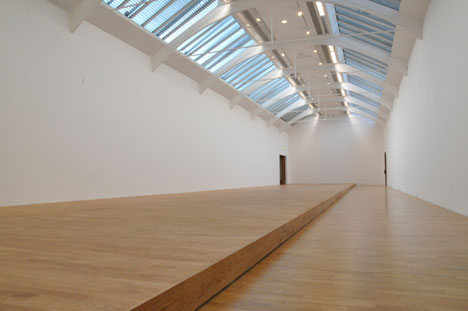
Bethan Huws Whitechapel Piece 2011
Interview
Time to Reflect
Bethan Huws interviewed by Mark Wilsher
Paris-based Welsh artist Bethan Huws rose to prominence in the early 1990s with a series of ultra-subtle interventions in London galleries. Currently exhibiting at the Whitechapel Gallery, she talks here about her responses to Marcel Duchamp, the importance of language, misunderstandings, getting angry and the brevity of life.
'I admired Carl Andre's work, it was one of my models to work with. The difference is that Andre's floor pieces are solid blocks. My floor has a space inside, it is a volume with a chamber inside it. For me that relates to language and communication, it is a space for something to resonate like a musical instrument.'
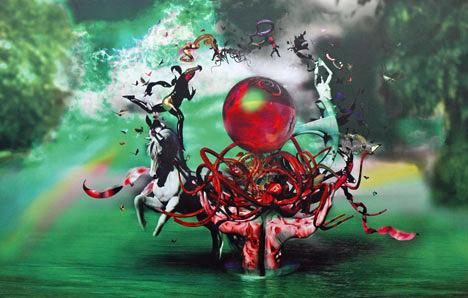
John Russell Public Sculpture (the social) 2010
Feature
On Ugliness
Dave Beech on the counter-promise of ugliness
There has been an upsurge in talk of beauty, but no corresponding discussion of ugliness. Surely the socially ugly – the ugliness of resistance, with its oppositional stance against the status quo – is far more relevant than beauty in this time of protests?
'The political opposition between beauty and ugliness is not felt as political at all, but as the self-evident, correct and natural affirmation of beauty and the equally self-evident rejection of ugliness. Beauty is good, ugliness is bad.'
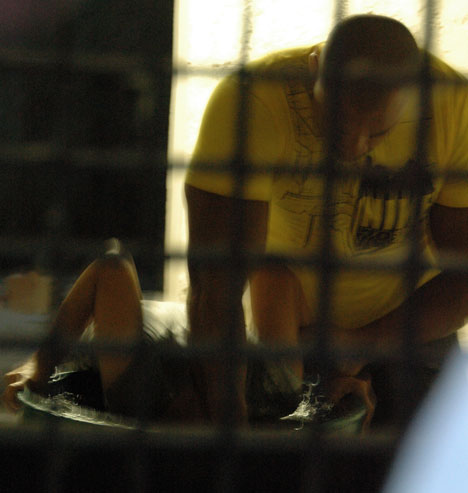
Regina José Galindo Confesión 2007
Feature
Frames of Resistance
Francis Frascina on the aesthetics of violence
If life becomes precarious when war-mongering politicians champion the poetic myths of nationalism, how do contemporary artists challenge and repudiate those genocidal narratives?
'Re-enactment opens up the ethical issue of "consent". There is a representation. Those actually tortured do not consent, do not know what will happen, have no control. They might not be represented.'
Comment
Editorial
A Failure to Communicate
The government blames local authorities for cutting arts spending and arts organisations themselves for failing to persuade local authorities of their importance to the community. But after years of New Labour's instrumental arts policies and the coalition's recent singling out of the arts for deeper than average cuts, these claims are arrant nonsense.
'The coalition government has taken the next step and begun the process of complete privatisation of the arts, stripping away the last vestiges of their autonomy and leaving them at the mercy of the private sector, which shows no sign of stepping into the breach.'
Letters
Mike Watson takes issue with Dean Kenning's report on the student protests, in particular his negativity towards independent art schools. Dean Kenning responds with a defence of the Welfare State.
Artnotes
Unpaid labour is in the news as internships become ever more valuable during a period of mass graduate unemployment; a wave of galleries close as funding and small-scale collectors disappear; business sponsorship of the arts collapses while new models to extract profits from the art market emerge; and all the latest news on art world commissions, prizes and more.
Submissions: Send Artnotes info to artnotes@artmonthly.co.uk

Ed Atkins Death Mask II: the scent 2010
Profile
Ed Atkins
Mark Prince profiles the British video artist
Ed Atkins explores the visual technologies at work within high-definition video, turning the hyper real into the uncanny – and reminding Mark Prince of early Rodney Graham.
'Atkins collages and filters the HD image until the medium's self-reflections are deranged into something closer to gothic fiction.'
Reviews
Exhibitions
Modern British Sculpture
Royal Academy of Arts, London
Margaret Garlake
Modern British Sculpture
Royal Academy of Arts, London
Mark Prince
Never the Same River
Camden Arts Centre, London
Christopher Townsend
The Life of the Mind: Love, Sorrow and Obsession
The New Art Gallery Walsall
Morgan Quaintance
Lucia Nogueira: Mischief
Kettle's Yard, Cambridge
Cherry Smyth
Sean Edwards: Maelfa
Spike Island, Bristol
David Trigg
Lucy Clout: Physicalism, or near enough
Limoncello, London
Laura McLean-Ferris
Reproductive Labour: An exhibition exploring the work of Cinenova
The Showroom, London
Colin Perry
Jack Goldstein
Nottingham Contemporary
Kathy Noble
Diana Thater
Hauser & Wirth, London
Maria Walsh
Iain Forsyth & Jane Pollard: Publicsfear
South London Gallery
Martin Herbert
Reviews
Artists' Books
Aphasic Disturbance
Pamela Kember on Stephen Bury's curated exhibition at Chelsea Space
'Stephen Bury has himself produced a new artists' book for the show, Strange, 2010. Based on Daniel Defoe's Robinson Crusoe, it breaks with the syntactic system of language by using only the novel's adjectives. It is an intriguing and lively read, despite the disconcerting sense of repetition and fragmentation of words, which is perhaps analogous to aphasia.'
Reviews
Books
The Experimental Group: Ilya Kabakov, Moscow Conceptualism, Soviet Avant-Gardes
Martin Patrick on Matthew Jesse Jackson's history of Cold War culture
'One of the most refreshing aspects of this study is how certain received notions are held up to scrutiny only to crumble almost immeditely.'
Dark Matter
Larne Abse Gogarty on Gregory Sholette's study of guerilla activist art
'Dark Matter's analysis of the art world's seemingly impenetrable hierarchy is a stark rebuttal to any reader who may still savour the notion of artistic labour as retaining romantic autonomy.'
Reviews
Film
Experimental Film Round-up
Maxa Zoller on recent experimental film screenings
'With the explosion of the so-called "gallery film" in the 1990s, experimental filmmaking not only entered the black box of the white cube, it also expanded into a diverse range of cultural niches generating a dynamic and complex film culture.'
Artlaw
Contracts
Agent and Dealer Duties
Henry Lydiate on an illuminating lawsuit over a dealer's hidden fees
'Unfortunately, Accidia believed the sale price had been $6m and that Simon C Dickinson would have been paid his commission by Danielle Luxembourg out of her $500,000 fee. In 2008, Accidia discovered the sale price had been $7m, and so filed the lawsuit against Dickinson for return of the "secret profit" he had made of $1m.'
Listings
Exhibitions
Exhibition listings
Art Monthly's exhibition listings can also be viewed online.
Submissions: Send Listings info to listings@artmonthly.co.uk

